Move over oranges, there’s a new vitamin C powerhouse in town—broccoli. Often overshadowed by its sweeter fruit counterparts, this cruciferous vegetable is quietly stealing the spotlight as one of nature’s most potent superfoods. Packed with nutrients and boasting cancer-fighting properties, broccoli deserves a permanent place on your plate. But what makes it so special? Let’s dig deeper.
The Vitamin C Champion
When we think of vitamin C, oranges and lemons usually come to mind. Yet, gram for gram, broccoli contains nearly twice the amount of this essential nutrient compared to an orange. A single cup of raw broccoli provides about 81 milligrams of vitamin C, which is more than the recommended daily intake for adults. This antioxidant is crucial for immune function, skin health, and even wound healing. So, if you’re looking to fend off colds or just maintain radiant skin, broccoli might be your best ally.
But vitamin C is just the beginning. Broccoli is also rich in fiber, vitamin K, iron, and potassium. Its nutrient density makes it a standout choice for anyone aiming to improve their diet without loading up on calories. Whether steamed, roasted, or tossed into a stir-fry, this vegetable delivers a nutritional punch that’s hard to beat.
The Cancer-Fighting Dynamo
Beyond its impressive vitamin profile, broccoli has earned its reputation as a "cancer-fighting king" thanks to its unique compounds. Sulforaphane, a sulfur-rich compound found in broccoli, has been extensively studied for its ability to combat cancer cells. Research suggests it may help reduce the risk of prostate, breast, lung, and colorectal cancers by neutralizing carcinogens and inhibiting tumor growth.
Another key player is indole-3-carbinol, a phytochemical that supports detoxification in the liver. By aiding the body in flushing out harmful substances, it reduces the likelihood of cellular damage that can lead to cancer. These compounds work synergistically, making broccoli a formidable opponent against one of the world’s deadliest diseases.
How to Maximize Broccoli’s Benefits
To get the most out of broccoli, preparation matters. Overcooking can destroy its delicate nutrients, particularly vitamin C and sulforaphane. Light steaming for about three to four minutes is ideal—it softens the vegetable just enough while preserving its health-boosting properties. Eating it raw, as in salads or with dips, is another excellent way to retain its nutritional value.
Pairing broccoli with foods rich in healthy fats, like olive oil or avocado, can also enhance the absorption of fat-soluble vitamins such as vitamin K. And if you’re feeling adventurous, try broccoli sprouts. These tiny greens contain up to 100 times more sulforaphane than mature broccoli, making them a concentrated source of cancer-fighting goodness.
Broccoli in Everyday Meals
Incorporating broccoli into your diet doesn’t have to be boring. Its versatility allows it to shine in a variety of dishes. Toss it into pasta for a nutrient boost, blend it into soups for a creamy texture, or roast it with garlic and Parmesan for a savory side dish. Even picky eaters might be won over by crispy roasted broccoli chips or cheesy broccoli bites.
For those with busy schedules, prepping broccoli in advance can save time. Chop florets and store them in the fridge for quick stir-fries or snack on them with hummus. Frozen broccoli is another convenient option—it retains most of its nutrients and can be easily added to smoothies or casseroles.
The Bigger Picture: Why Broccoli Matters
In a world where processed foods dominate, broccoli stands as a reminder of the power of whole, plant-based foods. Its combination of vitamins, minerals, and bioactive compounds offers protection against chronic diseases, supports longevity, and promotes overall well-being. While no single food can guarantee perfect health, making broccoli a regular part of your diet is a simple yet impactful step toward better nutrition.
So next time you’re at the grocery store, don’t just walk past the broccoli—grab a bunch and give it the starring role it deserves in your meals. Your body will thank you.
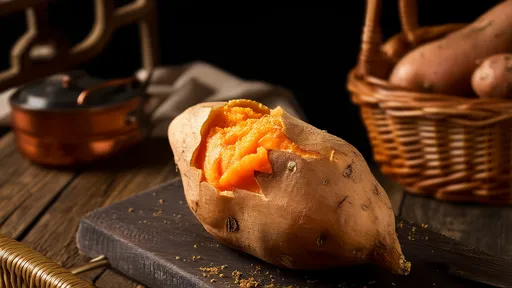
By /Jul 1, 2025
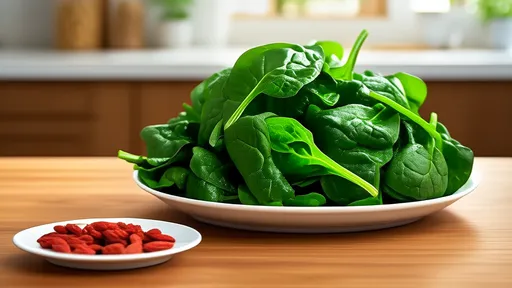
By /Jul 1, 2025
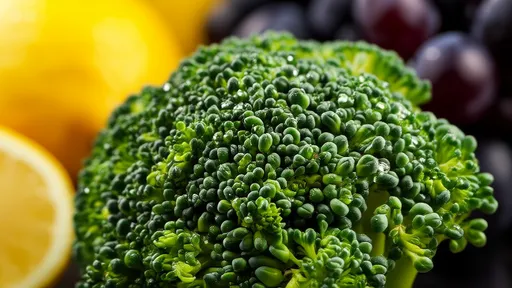
By /Jul 1, 2025
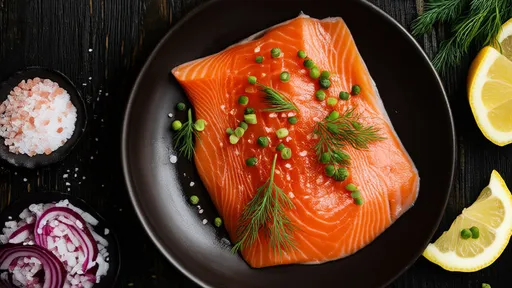
By /Jun 18, 2025
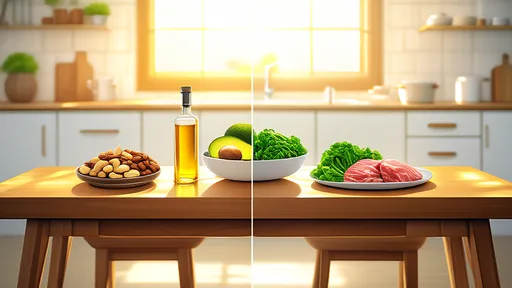
By /Jun 12, 2025
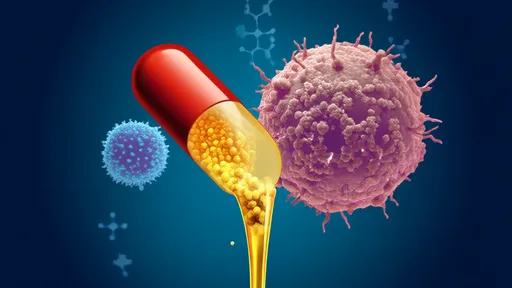
By /Jun 12, 2025
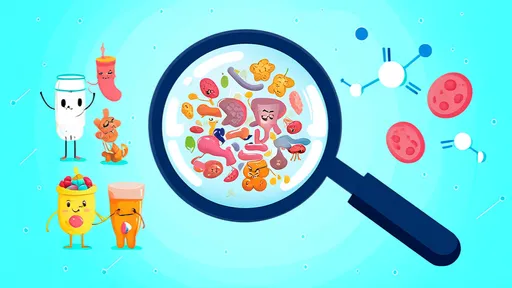
By /Jun 12, 2025